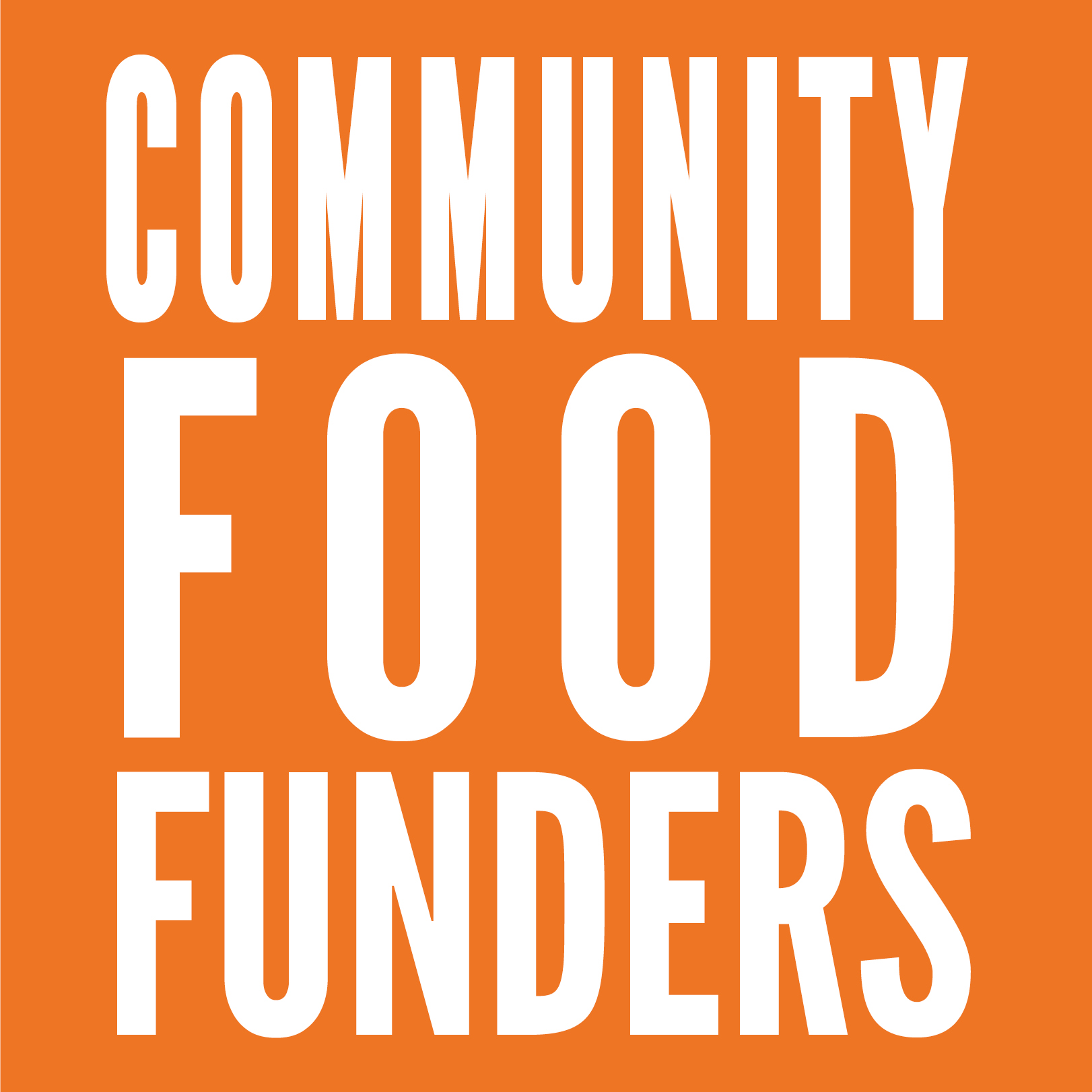Mission
Community Food Funders (CFF) is a philanthropic organizing project that provides information, resources, and networking opportunities for funders in the NY-NJ-CT region. We support the transition to an equitable, ecologically sound, and economically robust regional food system that optimizes local growing, processing, and distribution within this region, and balances it with fair trade between regions and internationally.
 CFF is not a grant-making entity, we are a network of philanthropic organizations and individual funders who are active in food system work. CFF is directed by staff at North Star Fund and is led by a steering committee comprised of grantmakers from thirteen foundations. CFF facilitates roundtable discussions, funder briefings, site visits, and social gatherings to foster information-sharing and networking among funders. Read about our past events here.
CFF is not a grant-making entity, we are a network of philanthropic organizations and individual funders who are active in food system work. CFF is directed by staff at North Star Fund and is led by a steering committee comprised of grantmakers from thirteen foundations. CFF facilitates roundtable discussions, funder briefings, site visits, and social gatherings to foster information-sharing and networking among funders. Read about our past events here.
CFF also aggregates and disseminates information and resources to its members, provides a venue through which members can sponsor issue-specific meetings and events, and complements the work of other regional and national groups of similar intent. CFF distributes a monthly e-newsletter highlighting food systems news, upcoming events, key studies, and other information of interest to funders.
Goals
- To understand the dynamics of the existing regional food system including land, water, labor, infrastructure, research, financing, access, programs and policy, and
- To identify opportunities for investment that leverages the changes necessary to create a sustainable and equitable food system throughout the region.
Values
CFF strives to transition our food system to one that pursues a true triple bottom line.
- Equitable for everyone along the food chain, from growers, workers, and processors, to distributors, retailers, consumers, and waste handlers.
- Ecologically sound so that food is produced, transported, and consumed in a way that eliminates or minimizes the use of toxic chemicals and fossil fuels, and is regenerative and sustainable in its production.
- Economically robust supporting a multiplicity of ownership models for enterprises along the food supply chain, without disproportionate control or influence by largecorporations, and without barriers to entry.
In pursuit of this goal, we believe that those most impacted and negatively affected by the current system should be part of the dialogue about moving forward, including decision-making and visioning.
